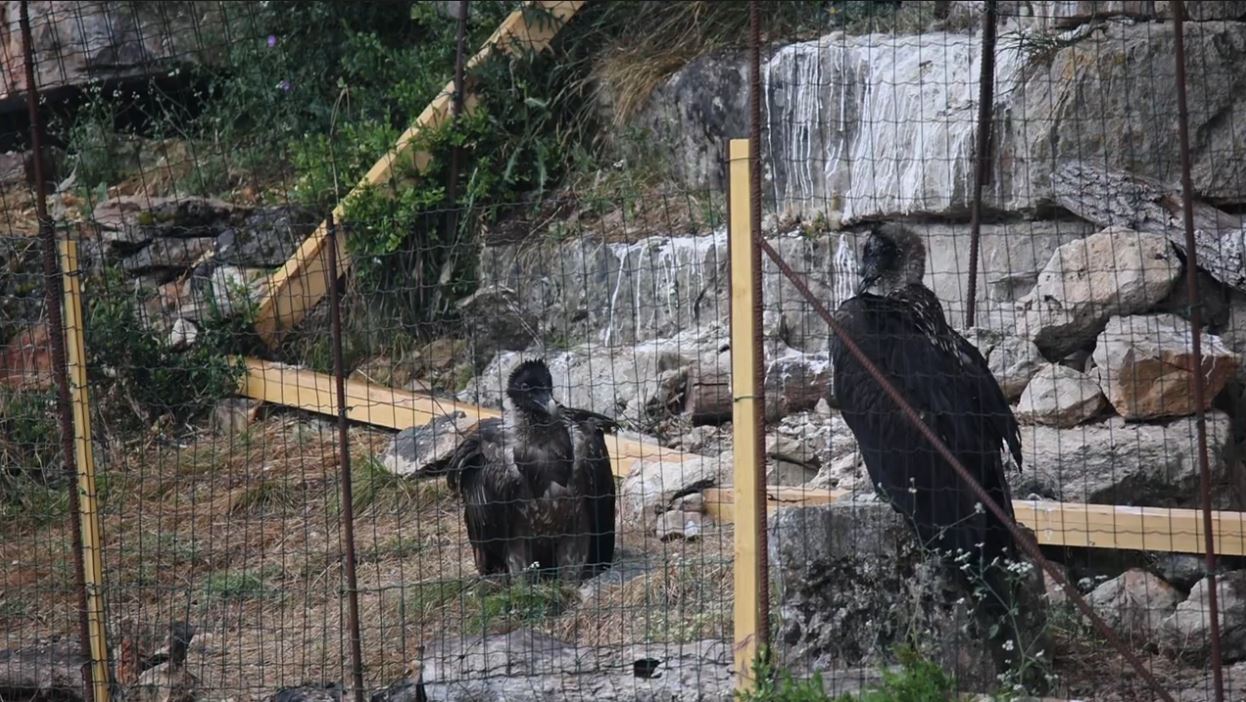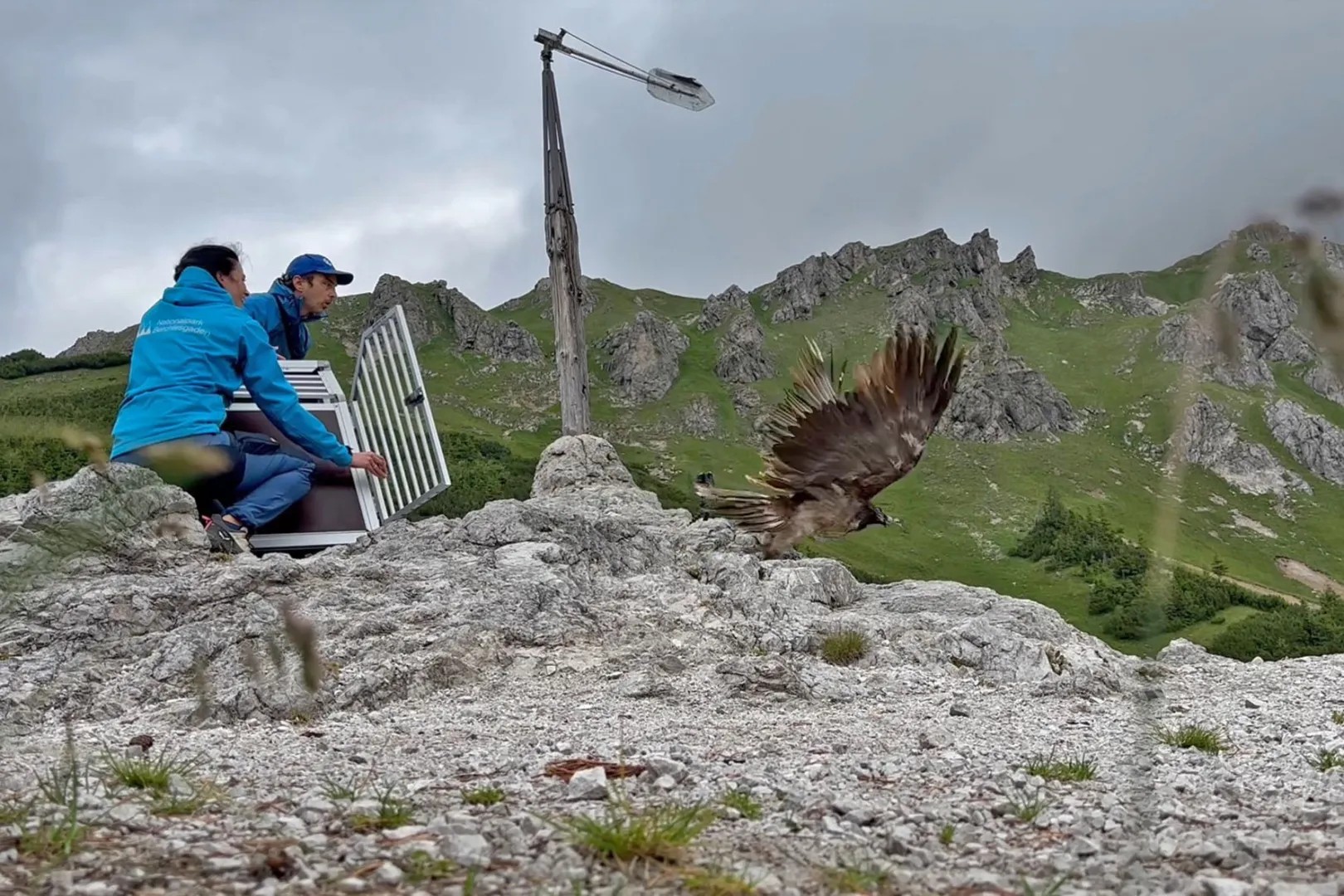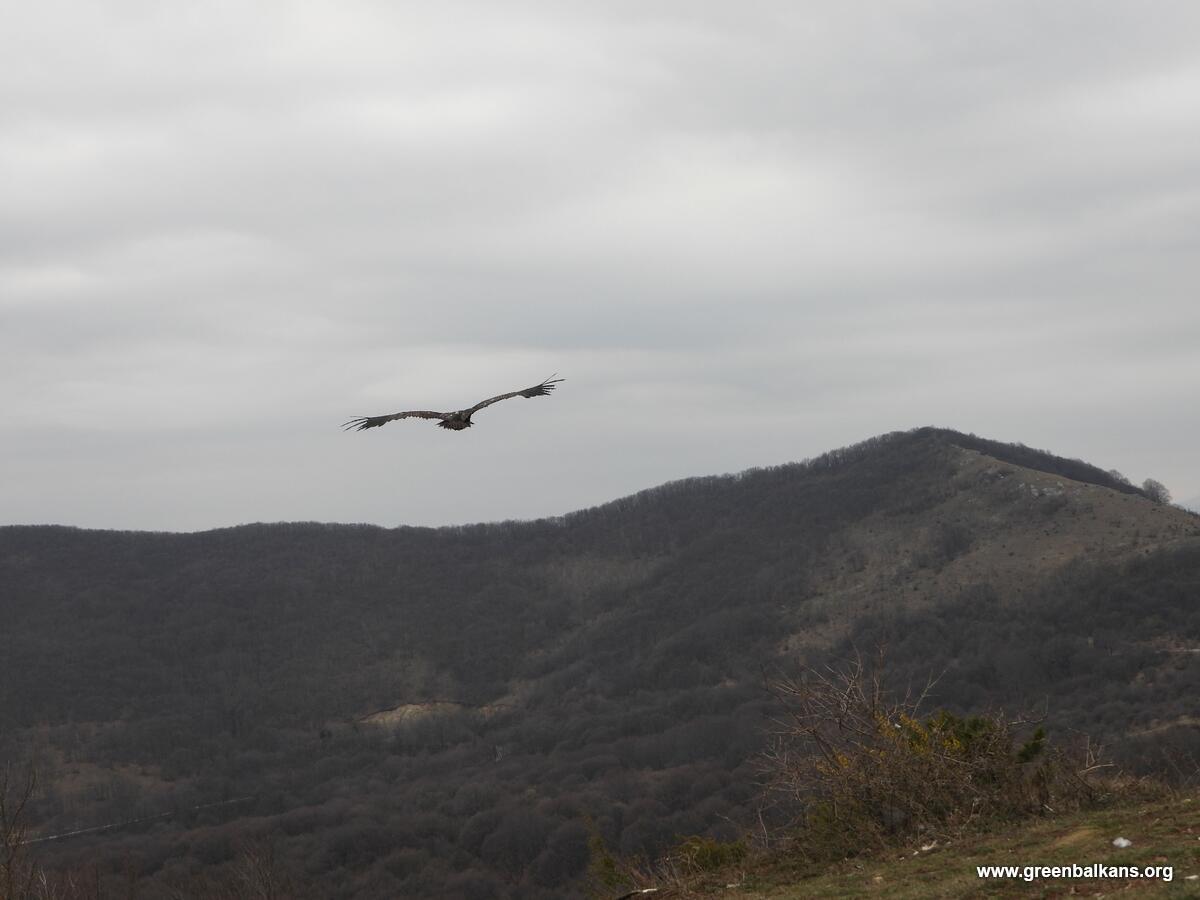
We can all agree that vultures get a bad reputation for the most part. Although this negative perception is slowly changing in some respect, there is an emerging real or perceived wildlife-human conflict that keeps unfolding. Livestock breeders across southern Europe started alleging that Griffon Vultures in particular – also the most abundant of the four European vulture species, attack their livestock since the 1990s, with the press often further fuelling such accusations. These reports are mostly based on perception and lack scientific evidence, but are facilitating the growing opinion that vultures are predators. ‘Nature’ has recently shed light on this issue in a recently published article, which highlights the importance of vultures for our society and the problem of the misleading perception that they are attacking healthy livestock.
Vultures are useful to the livestock breeder
Perception is one thing; reality is a different story. Vultures often get a bad reputation for their scavenging nature that is actually very useful to society as a whole. But in recent years, they are accused of starting to act as predators, killing healthy livestock, which causes a severe human-wildlife-conflict. Farmers and livestock breeders that believe that vultures pose a threat to their work might turn to desperate measures, using harmful practices such as illegal wildlife poisoning. In fact, vultures can actually provide a service to them. For instance, in vast areas of Spain and in Sardinia, farmers and vultures have a win-win relationship. Special veterinary regulations allow for partial abandonment of dead animals in the fields, which vultures quickly detect and eat. This solved the need for the carcasses to be picked up and taken to incineration – which would need to happen if there were no scavengers, thus saving the farmers hundreds of thousands of euros in insurance payments every year, and saving also the harmful greenhouse gases that would be produced if those animals had to be transported away.
VCF’s position statement on vultures attacking livestock
The Vulture Conservation Foundation has been collating data and investigating this issue for some time to try to keep the record straight. We produced a position paper on alleged attacks of Griffon Vultures to livestock that compiles all the latest available information and recommendations, which can be downloaded below. All evidence from the field comprises data that is checked and corroborated by experts. This data suggests that the number of incidents where vultures attack and kill a live animal is minimal, and almost always concerns animals that are mortally wounded, immobile, very sick or otherwise impaired. The morphology of vultures is not built to prey and is highly implausible for vultures to kill healthy and moving animals. For further details, download and review our position statement below.
Download the VCF’s position statement
VCF-Position paper on incidents between
Adobe Acrobat Document 202.0 KB
Download the Technical Summary of VCF’s position statement
Technical Summary – Griffons and livesto
Adobe Acrobat Document 704.3 KB
Download the poster regarding Griffon Vultures and livestock
Livestock and vultures final.pdf
Adobe Acrobat Document 1.1 MB



